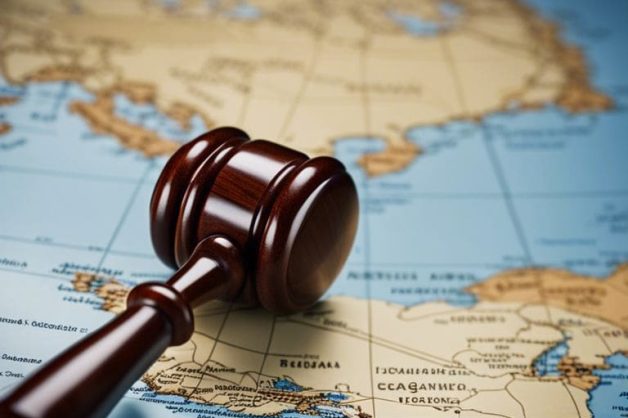A Felony Free Record
If you have a felony record, it can prevent some basic freedoms that can make life difficult, such as:
(1) Employment
Most employment applications and job offers will require you to state whether you have had a felony or criminal charge before. Many jobs now have background checks as due diligence on the part of the employers. This can limit the jobs that you can find for employment.
(2) Voting
If you like voting and want to have a voice in who runs you local, state and federal government, this privilege will be taken away from you, if you have a felony record. At least for a time.
(3) Firearm Ownership
If you are interested in getting a a gun permit so that you can buy or carry a gun, this privilege will be barred to you if you have a felony record.
(4) Sitting On A Jury
Having a felony conviction on your record prevents you from sitting on a jury of your peers.
Felony First Time Offenders
New Jersey first time felony offenders may have the possibility to have their felony conviction stay off your permanent record
New Jersey’s PTI Program / Pre-Trial Intervention Program
You may be eligible for an alternative to New Jersey’s standard criminal procedures. This program is for the most part a first time offender program. The program’s goal is based on early rehabilitation of the offender, to prevent criminal behavior in the future. There are many conditions for this program, so it is in your best to speak with your attorney about the program and whether you might be able to qualify for it.
Decreasing Felony Charges To A Misdemeanor
The prosecutor may be sways by your attorney into reducing the felony charges down to a misdemeanor charge. It is vital that you have experienced representation that knows and understands the legal angles that may help influence the prosecutor. Often the fact that you have no record may be enough. You must talk to your attorney about whether a reduction could be a possibility in your instance.
Felony Degrees
Classifications differ by state. Some states make use of numeric degrees to represent classifications (as an example: capital, life, 1st qualification, 2nd degree, 3rd level, or class 1, 2, etc). Others use an ascending notice system (class A, B, etc.)
Extended Effects
When convicted of a felony in the US, there can be extended concerns following the serving of a prison sentence. Some instances:
Deportation if the criminal is not an occupant
Loss of voting rights
You are barred for purchasing and or possessing firearms, body armor or ammunition
Ineligibility to run for public office
Ineligibility to serve on a jury
Exclusion from obtaining particular licenses


